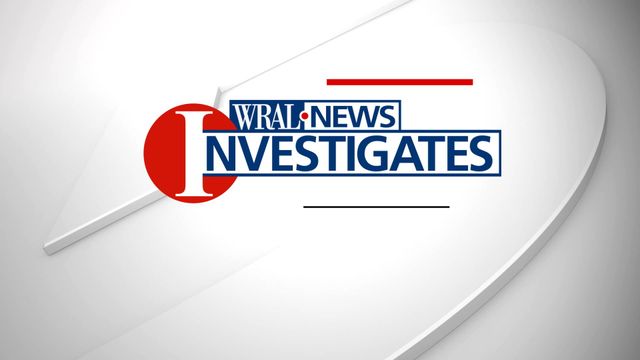Some publicly run venues in N.C. losing money
A WRAL News investigation into publicly run entertainment venues found that turning a profit is harder than it sounds.
Posted — UpdatedHowever, a WRAL News investigation into other publicly run entertainment venues found that turning a profit is harder than it sounds.
From the RBC Center in Raleigh, to the Booth Amphitheater in Cary, to municipal golf courses all across our area, the major venues are losing money, and taxpayers are making up the difference.
In the brown dirt off Raleigh's McDowell Street, city leaders hope to turn up some green.
“We do believe it can be a break even to half a million dollar net revenue for us,” said Raleigh City Manager Russell Allen.
The goal is transform the field into something similar to Chastain Park in Atlanta. Raleigh leaders are using it as a model for a 4,200-seat amphitheater here. It will sit in the shadow of two publicly run venues that need taxpayers to balance the books.
“The public should expect to be proud of these venues,” Allen said. But he points out that pride requires a public investment.
The convention and performing arts center complex produced almost $13 million in revenue last fiscal year compared with $17 million in expenditures. Taxpayers made up the difference.
“There would not be our expectation that it's going to break even or make money, maybe not in the life of the facility,” Allen said.
Former City Council Member Philip Isley says Raleigh needs public venues, but leaders need to work harder to raise more revenue through shows or private sponsors, not just fall back on taxpayers.
“In these times you've got to figure out how to get more revenue out of public buildings," he said.
The WRAL Investigates team found other locally run venues leaning on taxpayers. During the last concert season, the Koka Booth Amphitheater at Regency Park in Cary had an operating loss of $172,000 – the smallest loss since it opened in 2001.
In Cumberland County, the Crown Coliseum had operating revenues of $2.4 million last year and operating expenditures double that amount. The Crown received more than $3 million from the county's general fund and food-beverage taxes to cover operating expenses.
Back in Raleigh, some venues do return revenue. The RBC Center gets about $7 million a year in hotel-motel and food and beverage taxes. It also pays out more than $4 million to local government. Time Warner Pavilion is even more profitable. Raleigh's general fund gets a $1 million boost from the lease money each year.
That's the exception though. Most public venues operate at a financial loss. Still, leaders point to gains elsewhere such as increased tourism, economic impact for nearby businesses and overall quality of life.
"It is a public space. And so there are things you do in public spaces that may not be necessarily bottom-line driven," Allen said.
Related Topics
• Credits
Copyright 2024 by Capitol Broadcasting Company. All rights reserved. This material may not be published, broadcast, rewritten or redistributed.




